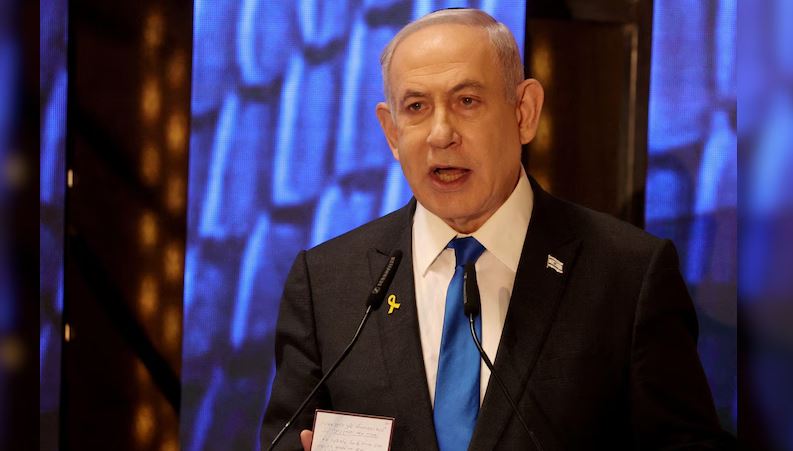Prime Minister Benjamin Netanyahu of Israel is set to address a joint meeting of Congress on July 24, as announced by the top two congressional Republicans on Thursday night. Speaker Mike Johnson of Louisiana and Senator Mitch McConnell, Republican of Kentucky and the minority leader, released a statement indicating that Mr. Netanyahu’s speech would provide an opportunity for him to “share the Israeli government’s vision for defending their democracy, combating terror, and establishing just and lasting peace in the region.”
However, the invitation to Mr. Netanyahu has not been without controversy. A separate statement from Senator Chuck Schumer, Democrat of New York and the majority leader, highlighted the deep political divides surrounding Mr. Netanyahu and Israel’s ongoing war in Gaza. Senator Schumer noted his “clear and profound disagreements with the prime minister,” which he has expressed both privately and publicly, and intends to continue doing so.
Earlier this year, Schumer had called for Netanyahu to step down and for Israel to hold new elections, reflecting the ongoing political tensions. The bipartisan invitation to Netanyahu, issued last month by the top four congressional leaders without a specific date, concealed a complex behind-the-scenes debate over his reception. The need for separate statements from the leaders of the two parties, explaining their different reasons for extending the invitation, underscored these tensions.
The invitation has already provoked responses from various political figures. Some progressives, including Senator Bernie Sanders of Vermont, have announced plans to boycott the speech. Sanders has labeled Netanyahu a “war criminal” due to his tactics in the war against Hamas, which has resulted in the deaths of tens of thousands of people in Gaza and caused a significant humanitarian crisis.
The speech comes at a critical time for Netanyahu, who is seeking to bolster support for Israel’s actions in Gaza and its broader strategic goals. His address to Congress is expected to focus on Israel’s efforts to defend its democracy, combat terrorism, and pursue a lasting peace in the region. Netanyahu’s visit and speech are likely to be closely watched, both in the United States and internationally, given the ongoing conflict and its repercussions.
The differing perspectives on Netanyahu’s leadership and Israel’s military actions in Gaza reflect broader divisions within American politics regarding U.S.-Israel relations. While many Republicans continue to offer unwavering support for Israel, some Democrats, especially those with progressive viewpoints, have become increasingly critical of Israeli policies and actions under Netanyahu’s leadership.
Netanyahu’s upcoming address will provide him with a platform to directly communicate Israel’s position to U.S. lawmakers and the public. It remains to be seen how his message will be received, particularly in light of the existing political divisions and the ongoing humanitarian crisis in Gaza. The address will likely serve as a significant moment in the ongoing dialogue about U.S. foreign policy, Israel’s security, and the quest for peace in the Middle East.

